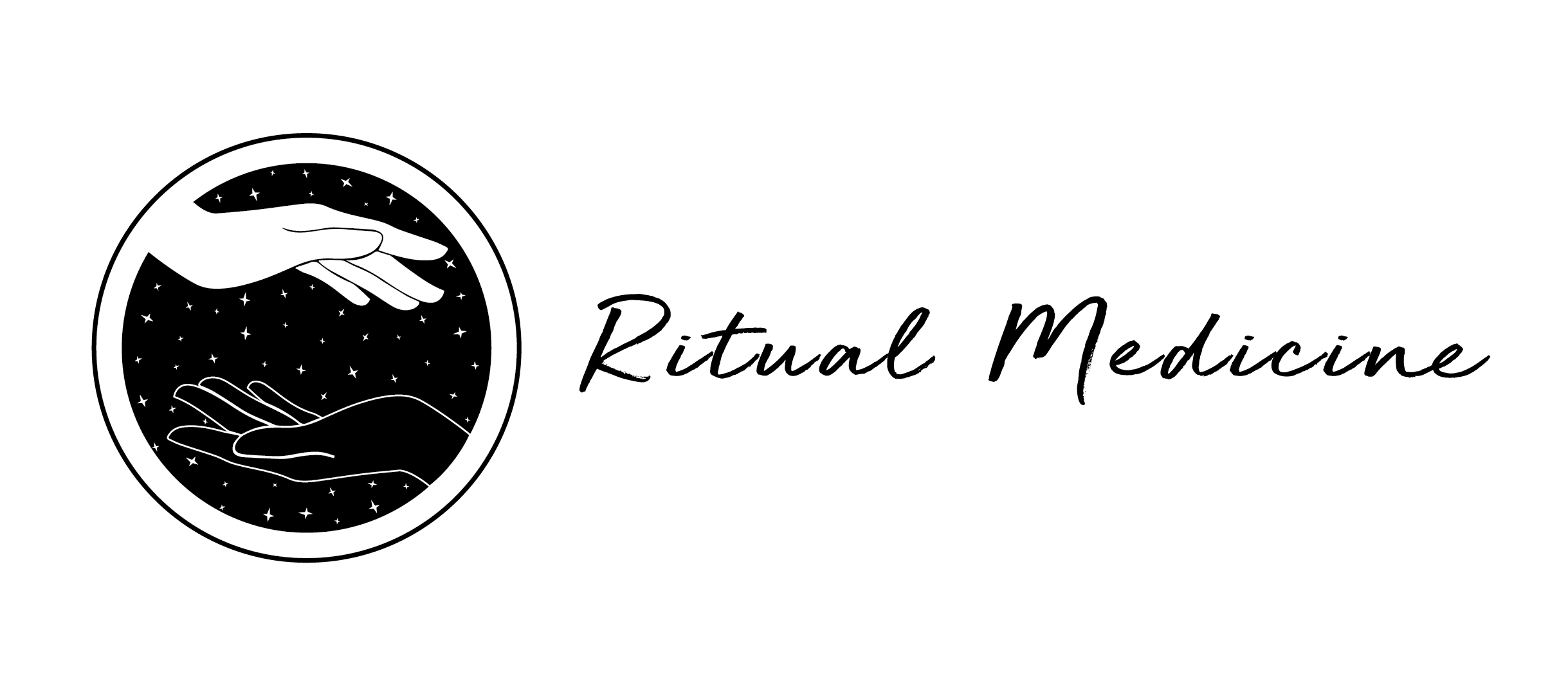What does blood sugar have to do with hormones and menstrual cycle?
Unstable blood sugar can be an important underlying cause behind hormonal problems.
“Your endocrine system (hormone system) performs all of its complex functions via the language of the hormones. One of its main functions, first and foremost, is transporting glucose to your brain, muscles and heart. If anything with that process is amok, you’re going to have mismanaged blood sugars as your first problem; as a result, though, none of the other parts of your endocrine system will function according to plan either!” – Vitti
Hormones are the body’s chemical messengers, helping to control nearly every physiological process in the body. This includes metabolism, immune functioning, the menstrual cycle, and overall reproductive health
Balanced hormones are essential for overall health. (Head back to this article to learn more about that.)
Blood sugar metabolism in the body
Three of the organs associated with blood sugar regulation in the body, are the pancreas, the liver, and the brain.
When you eat an abundance of sugar, or things that turn into sugar, the pancreas reacts to this increase in glucose in the body by releasing insulin. When your blood sugar is low, your pancreas pumps out glucagon, which the liver turns into glucose so that it has enough to send to your muscles, brain and heart.
Maintaining control of your blood sugar levels can become a delicate seesaw process that easily goes awry.
Therefore, a diet high in sugar can have significant effects on the reproductive hormones.
How to stabilize blood sugar levels
A good place to start is by working with your health provider to do a simple blood test checking for fasting blood sugar and insulin levels.
Depending on results, these tests may be repeated after a few months of diet and lifestyle shifts.
A few simple steps to get started:
- Notice how you feel after you eat certain foods. Are you tired, lethargic, energized, or bloated?
- Eat well rounded, nutrient dense meals, avoid snacking. This allows time for the body to metabolize the food and self regulate blood sugar levels (if you have any other disorders, like diabetes or PCOS, talk about this with your care provider)
- Less refined white sugar, instead try fresh fruit or substitutes like honey or maple syrup
- Drink enough water. This can help with over eating and proper elimination
- Avoid processed food, fast food, oily and greasy food
These are great steps to get started regulating blood sugar levels, for more personalized support get in touch to book a virtual or in person initial consultation.
Call 1-778-400-6360 to book!








